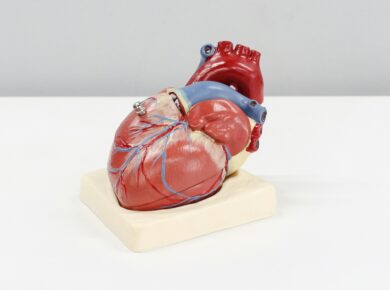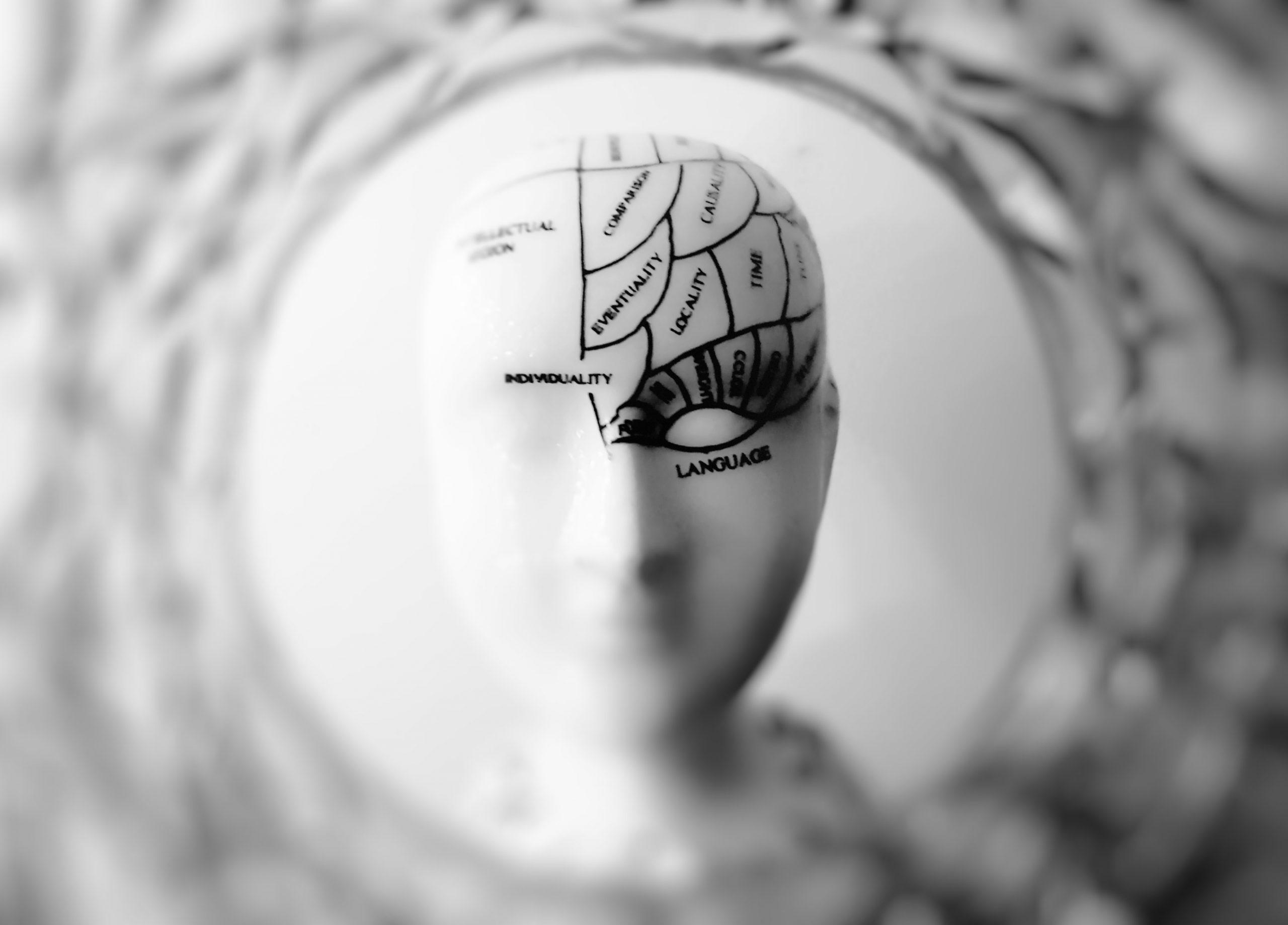The concept of stress was first used by Hans Selye to identify a specific syndrome of physical symptoms resulting from the prolonged activation of the body’s coping mechanism.
Symptoms like these result in the enlargement and hyperactivity of the adrenal cortex, shrinkage of the thymus gland and lymph nodes, and appearance of gastrointestinal ulcers. Stress is the general physical and emotional strain caused by a difficult situation.
Stress can come from internal perceptions of an individual’s experience of anxiety or other negative emotions, which are a result of demanding circumstances. This can be physical, spiritual, financial, marital, or psychological, thus creating unnecessary tension in the life of an individual. Stress can also be external, relating to one’s environment.
Struggling for survival in a country where nothing seems to be working can be stressful. In a few cases, stress may be beneficial to an individual, but it becomes a problem when it begins to affect the physical and mental functioning of the body.
Stress is inevitable in the life of human beings, even Christ’s disciples. It can be both positive and negative. Whichever way it comes, the body finds it difficult to differentiate between the tw, as both excitement and anxiety strain the body and the immune system in general.
Oftentimes, people speak of different types of stress, such as relationship stress, work stress, or parental stress, but some kinds of stress are developmental or accidental and are related to specific stages of life; these include pregnancy, retirement, teen years, ageing, and menopausal transition.
1. What is Stress?
According to Merriam WebsterDictionary, the word ‘stress’ is a body or body part that presses on, pulls on, or pushes constraining force or influence’ such as a force exerted when one against, or tends to for access stomach, pancreas, intestines, reproductive system, muscles that produce strain in the body organs like brain and nerves, compress or twist another body or body part.’It is a combination of art and joints. When this happens, it portends danger to one’s life.
Generally, stress refers to excessive or negative mental or emotional strain or tension. Though the Bible does not specifically mention speaks of issues such as anxiety, worry, and trouble, which are often associated with stress and prescribes how to deal with them. Everyone suffers from stress at one time or another. How we deal with it depends largely on who we are.
For some, emotional stress causes physical illness; others might become hyper-productive, while some people shut down mentally and emotionally, and of course, there are a variety of other responses. Stress is a common human experience, particularly in a world where the demands for our time and attention seem to be unending. Our jobs, health, family, friends, relationships, and even ministry activities can be overwhelming.
2. Difference between Stress and Anxiety
Stress and anxiety are two terms that can be mistaken for each other, but they are different. A great deal of stress can trigger anxiety.
The experience of anxiety can make it difficult to cope with stress, which may trigger health issues like depression, susceptibility to illnesses, and digestive problems. In most cases, stress may be caused by some extreme event, while anxiety is caused by one’s reaction to stress.
Both stress and anxiety are major contributors to life-threatening issues, which may affect the wellness of an individual. While stress may go away once the threat or the situation is resolved, anxiety may persist after the original stressor(s) have gone.
3. Types of Stress
There are different types of stress. Some may be harmful while others are fun-like. These causes depend on the personality and the desire of an individual. Therefore, the following are some types of stress:
Acute Stress: This is also referred to as sudden stress. It is a stress that comes within a very short time and can be positive or negative. It is often experienced in everyday life. People experience this type of stress after an unexpected crisis such as an accident, a loss, or any traumatic situation. The stressor is dealt with. This is resolved when the stressor is dealt with.
Chronic Stress: This is a long-term stress that seems unending. Sometimes, it seems. Sometimes, it seems inescapable and often ignored until some obvious physical symptoms arise, making it difficult to cope with.
This type of stress can be a result of the experience of a bad marriage, taxing job, a traumatic experience in childhood, or other traumasWhen this happens, the body does not receive a clear signal to return to its normal functioning.
Episodic Acute Stress: This kind of stress occurs regularly and may become a way of life that can lead to continuous distress. It causes many illnesses, which may be acute or chronic, and can put a life at serious risk.
The body begins to respond to stressors in the form of fight or flight to protect itself. As a result of this, some neurotransmitters such as adrenaline and norepinephrine are released into the body system. Hormones that can cause a heart attack are easily released, thus making the heartbeat faster due to the threatening situation.
In situations where ‘ fight or flight’ is not possible, the person with repressed emotions becomes more irritated, and reactions become distorted and unbalanced. Professionals who face a lot of high-stress situations, like firefighters, law enforcement officers, and those in emergency services, can experience this kind of stress.
Eustress: This is healthy stress that gives a person a sense of fulfilment. It is fun and exciting, and does not allow for lethargy. It helps in the improvement of athletic performance, motivation, and facing life challenges instead of developing unnecessary anxiety over life’s situations.
4. Causes of Stress
The experience of stress differs from one individual to another, and its causes vary. The three main causes of stress symptoms are:
Biological Influences: These come from different biological and ecological stressors such as gravitational force, sunlight, and electromagnetic fields.
Sociological Influences: Experiences in workplaces, finances, parenting, relationships, and day-to-day inconveniences can be sources of stress. Other notable factors that can cause stress are radiation from devices like smartphones and laptops, financial insecurity, effects of relocation, violation of human rights, and socioeconomic factors. When any of these happen, the well-being of an individual is affected.
Psycho-interpersonal Influences: This involves influences from human thoughts, values, beliefs, attitudes, opinions, and perceptions of an individual. Any of these can cause stress in the life of a person.
5. Different Symptoms of Stress
Stress symptoms can be identified in some ways, depending on the disposition of the individual. The symptoms of stress can be categorised as follows:
Behavioural Symptoms of Stress: Stress symptoms related to human behaviours are:
- Sleep disturbance or insomnia
- Change in appetite
- Restlessness
- Nervousness
- Increased appetite for cigarettes, alcohol, or hard drugs
Mental Symptoms of Stress: Stress symptoms related to mental health are:
- Lack of concentration
- Confusion
- Difficulty in decision-making
- Forgetfulness
- Disorientation
- Panic attacks
Emotional Symptoms of Stress: Stress symptoms related to emotional health are
- Guilt
- Irritability and anger
- Impatience
- Depression
- Morbid jealousy
- Tearfulness
Physical Symptoms of Stress: Stress symptoms associated with physical health are:
- Fatigue
- Headaches
- Infection
- Dizziness
- Sweating and trembling
- Changes in digestion
- Fainting
- Loss of sexual drive
- Low breathing
- Palpitations
These are dangerous signals that may become life-threatening to any individual suffering from stress.
Conclusion
We have discussed the symptoms of stress. We have also discovered that stress is anything that brings strain to a person. The Bible admonishes believers to be alert and watch what they do about their health.
Believers have to be mindful of what occupies their minds and be international in their obedience to God and the workings of their bodies. The ultimate solution to stress is to surrender our lives to God and seek guidance regarding how we manage situations. We should also ask for His enabling power to see us through in difficult situations.
His grace is always sufficient for us; therefore, do not be overwhelmed by stress. It has also been established that stress can be caused by different stressors, resulting in different symptoms in the life of an individual.
Believers need to be watchful about these stressors and their symptoms, to handle them in the best way possible before they become unmanageable.’Health is wealth’; therefore, the biblical injunctions in today’s text should be carefully adhered to for healthy living. Read further on this page.










